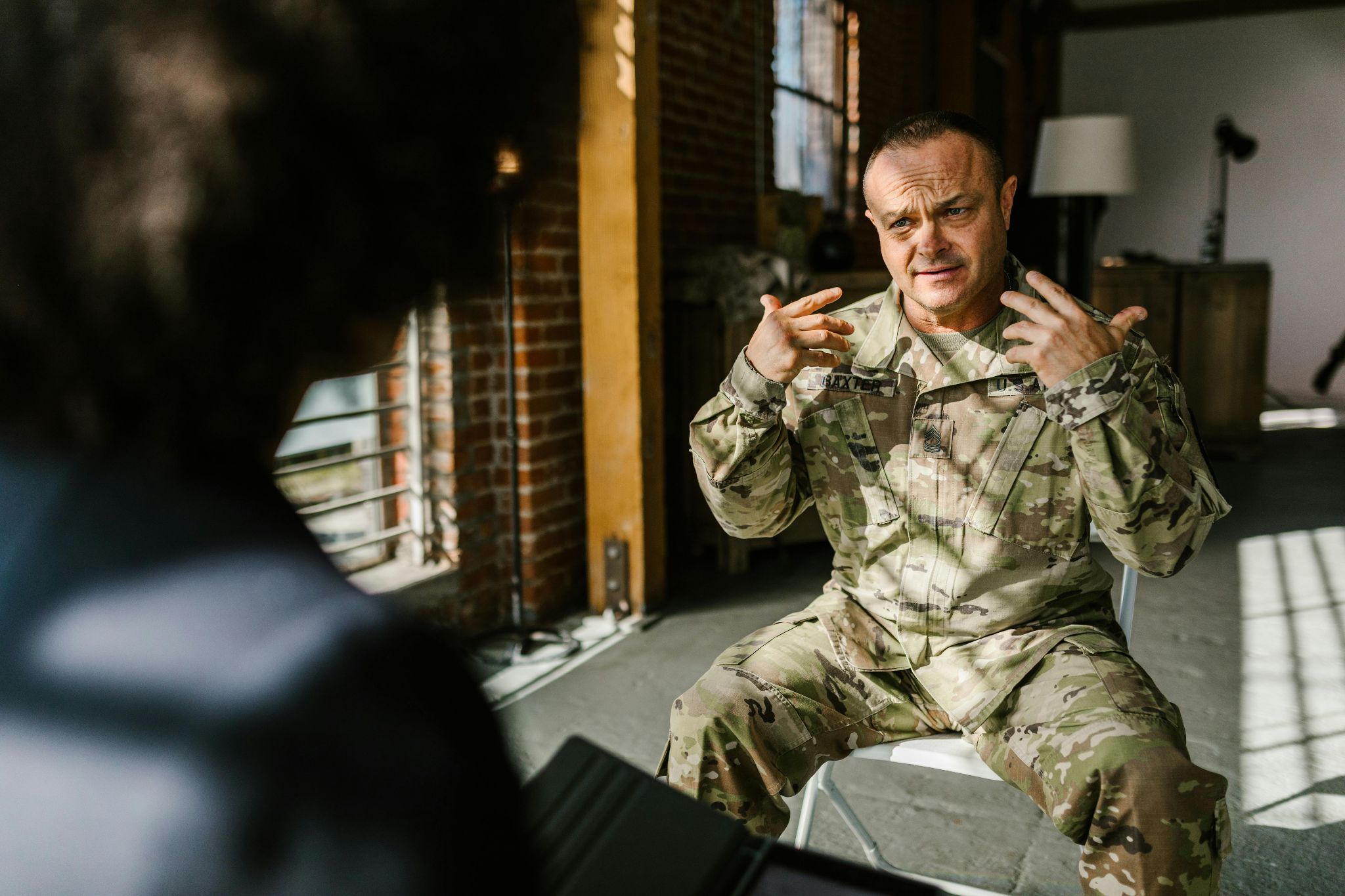How You Can Truly Support Service Members, Veterans, and Their Families
When you think about service members and veterans, it’s easy to picture the uniform, the salute, and the sacrifices made in far-off lands. But beyond those snapshots are real people navigating a complex return to civilian life, often facing barriers that most of us don’t even realize exist. It’s not just about saying “thank you for your service”—it’s about showing up in ways that matter. Whether it’s helping them start over, reconnect, or simply live with dignity, your support can be more than symbolic.
Back Their Business Dreams
Many veterans leave the military with leadership experience, grit, and problem-solving skills that would make any entrepreneur proud. What they often lack, though, is the mentorship, capital, or network to turn their ideas into thriving businesses. You can help bridge that gap. Support veteran-owned businesses by buying their products, promoting them in your circle, or investing time and resources into helping them scale. Just having someone believe in their vision and offer practical support—like business planning or marketing help—can be the spark they need to launch.
Guide Them Toward the Right Degree Path
Helping a veteran take the next step into higher education can be as simple as connecting them with the right college. Many schools offer dedicated veteran support services that walk them through the application process, help them maximize their GI Bill benefits, and ensure a smooth transition back into the classroom. An online degree offers the flexibility to balance family life, work, and study—especially important for veterans adjusting to civilian routines. For those interested in tech, earning an IT degree with a focus on cybersecurity opens the door to understanding how to protect computer systems and critical networks, and there are numerous cybersecurity degree and certification options tailored specifically for veterans ready to enter that field.
Be the Link to Their Next Career
The transition to civilian jobs can feel like landing in a foreign country for many veterans. Their resumes don’t always translate easily to corporate speak, and their experience might be overlooked despite its real-world value. You can help by referring veterans for roles, helping them prep for interviews, or volunteering with organizations that specialize in career coaching for former service members. Sometimes, the best thing you can offer is a foot in the door—or the encouragement to walk through it. Veterans often just need someone who understands how to connect their skills to civilian opportunities.
Help Them Build New Skills
Whether it’s learning a new trade or brushing up on digital tools, skill-building is a major part of post-military life. Many veterans want to stay sharp and competitive but aren’t sure where to start. You can contribute by tutoring or funding scholarships for veterans and their families. Even offering access to your workplace’s internal training programs or introducing them to industry-specific mentors can open up new possibilities. They’re not starting from scratch—they’re starting with discipline and drive—and you can help guide that energy in the right direction.
Make Their Home Work for Them
Accessible housing is a game-changer for veterans, especially those who are living with injuries or disabilities. But modifying a home to be wheelchair-friendly or PTSD-sensitive isn’t cheap or easy. You can pitch in by donating to home renovation funds, volunteering with housing-focused nonprofits, or simply organizing a local build day in your community. If you know someone directly, offering help with things like yard work, repairs, or finding a contractor they can trust is more helpful than you might realize. A safe, stable home shouldn’t be a luxury—it should be a given.
Ensure Access to Physical and Mental Health Care
Despite improvements, accessing healthcare—especially mental health services—can still feel like an uphill battle for service members and veterans. Long wait times, confusing systems, and social stigma often stand in the way. You can help by advocating for better care policies, volunteering at local VA hospitals, or simply checking in regularly with a veteran you know. Help them navigate the system, offer rides to appointments, or connect them with resources for counseling or alternative therapies. Being there, consistently, can make them feel seen when they might otherwise stay silent.
Keep Them Connected to What Matters
When someone is deployed, it’s not just about the distance—it’s the sense of being disconnected from the life they’re defending. Whether it’s helping maintain their home, checking in on their family, or setting up ways to video chat, your involvement can ease the emotional load. Offer to babysit so their spouse can rest, organize community letters or care packages, or donate international phone cards. These small acts of kindness help service members feel tethered to their people and their purpose. It’s not about grand gestures—it’s about keeping the lines of love wide open.
Appreciation is a wonderful starting point, but action is what drives real change. Service members, veterans, and their families carry burdens and responsibilities most people will never fully understand. Your help—whether it’s financial, emotional, or practical—can be the difference between barely surviving and thriving in the next chapter of their lives. Don’t wait for the perfect opportunity or grand solution. Just start where you are, with what you can offer, and trust that even small efforts ripple in powerful ways.
Join VRUCK and be part of a dedicated coalition working to bridge the gap in resources for veterans and their families across Central and Southeastern Kentucky!

